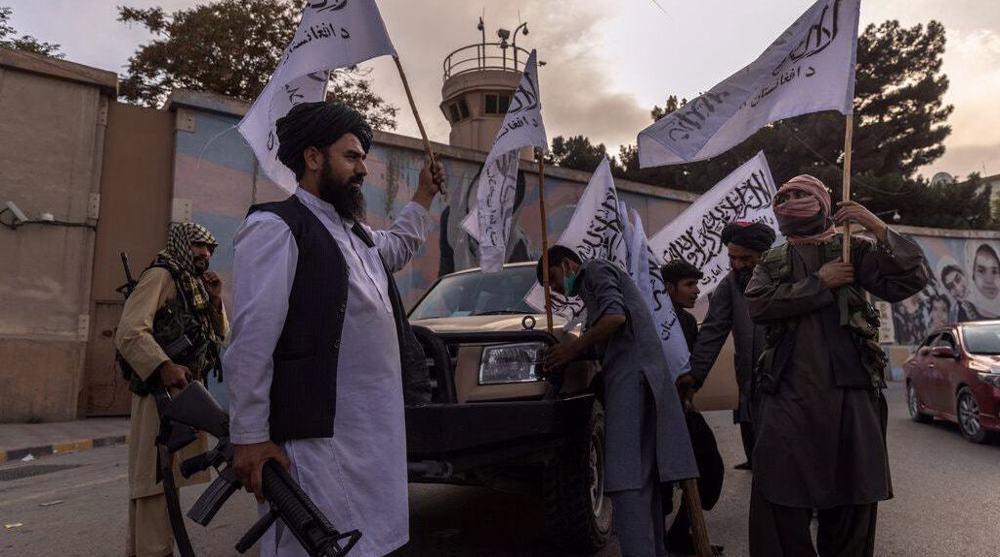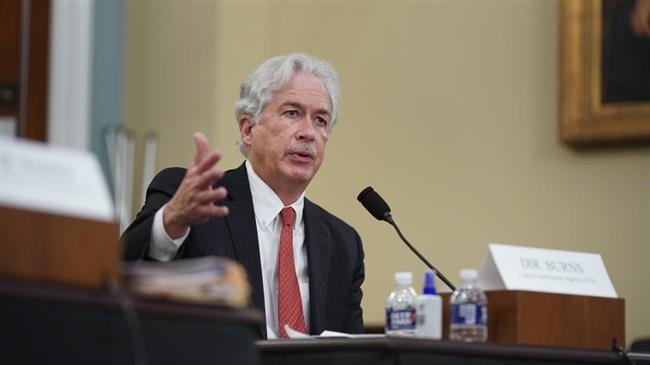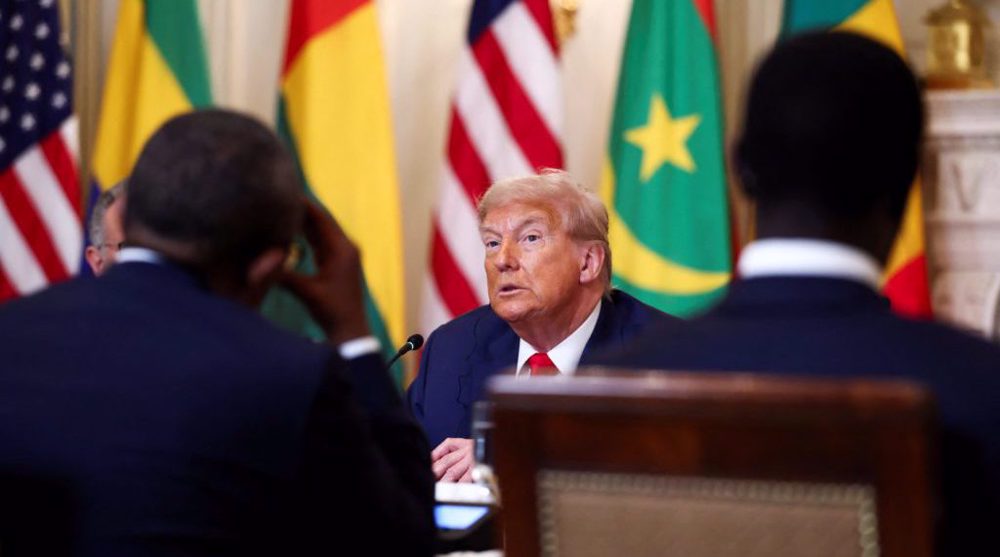US spy agency to resume Afghan ops, drone strikes despite humiliating exit
US officials are reportedly reworking plans to counter emerging threats from Afghanistan’s chaos, including negotiating for new bases in Central Asian nations, running secret operations in the country without military or diplomatic covers and finding new bases to launch drone strikes.
US President Joe Biden’s resolve to end the military’s involvement in Afghanistan “means that, starting next month, any American presence in the country would most likely be part of a clandestine operation that is not publicly acknowledged,” New York Times reported Saturday, citing current and former intelligence officials.
According to the report, Afghanistan could draw the CIA back into a complex counterterrorism mission for years to come, citing the officials as saying the challenging task would involve “negotiating for new bases in Central Asian countries; determining how clandestine officers can run sources in the country without the military and diplomatic outposts that provided cover to spies for two decades; and figuring out from where the CIA could launch drone strikes and other Afghanistan operations.”
“The CIA’s new mission will be narrower,” the report added, citing a senior intelligence official, adding: “It will no longer have to help protect thousands of troops and diplomats and will focus instead on hunting terrorist groups that can attack beyond Afghanistan’s borders.”
However, according to current and former officials, “the rapid American exit devastated the agency’s networks, and spies will most likely have to rebuild them and manage sources from abroad.”
As the Afghanistan war wound down, the report noted, the CIA had expected to gradually shift its primary focus away from counterterrorism — a mission that transformed the agency over two decades into a paramilitary organization focused on manhunts and killing — toward traditional spy craft against powers such as China and Russia.
“But a pair of deadly explosions on Thursday were the latest in a series of rapidly unfolding events since the collapse of the Afghan government and the Taliban takeover of the country that have upended that plan,” the daily underlined.
William J. Burns, the spy agency’s director, has said that it is ready to collect intelligence and conduct operations from afar, or “over the horizon,” but he told US legislators in the spring that operatives’ ability to gather intelligence and act on threats will erode. “That’s simply a fact,” added Burns, who traveled to Kabul this week for secret talks with the Taliban.
In recent days during the frantic withdrawal, the CIA has been involved in secret rescue missions, according to a senior American official, who declined to detail the efforts.
The agency expects its mission ahead in Afghanistan will be “more focused” on tracking the development of “terrorist groups determined to attack the United States,” the senior US intelligence official added.
“The American covert operation in Afghanistan could be carried out by either CIA operatives or Special Operations military troops acting under “Title 50” authority — similar to when Navy SEALs killed Osama bin Laden in Pakistan on a mission run by the spy agency,” the report further emphasized.
Such episodes of putting the military under CIA authority became more common in the post-9/11 era as the lines blurred between soldiers and spies, it noted.
But the narrower mission poses its own tests, including recovering from the damage to the CIA’s source networks caused by the swift withdrawal from Afghanistan.
“It’s going to get a lot harder,” said Don Hepburn, a former senior CIA officer who served in Afghanistan. “The agency is being drawn in many, many directions.”
Rebuilding America’s information collection will depend in part on electronic eavesdropping and in part on building new networks of human sources, this time from afar, according to former government officials cited in the report.
American officials predicted that Afghan opponents of the Taliban will most likely emerge who will want to help and provide information to the United States.
And without a large American military presence in Afghanistan, any drone strike against suspected Daesh or al-Qaeda targets there will have to depart, for now, from the Persian Gulf, the report underlines. “Such long flights reduce the amount of time the planes have to hunt targets, increasing the risk of errors and missed targets. Or they could require a large, and expensive, fleet of drones to be used.”
According to the daily, the US State Department has yet to secure access to bases in Central Asian states that were once part of the Soviet Union, and it is unclear whether that will happen.
The United States will also have to deal with troublesome partners like Pakistan, whose unmatched ability to play both sides of a fight frustrated generations of American leaders, according to the report.
Iran pursuing broader cooperation with African nations: Pezeshkian
Israeli minister threatens to seize entire Gaza if Hamas refuses to disarm
VIDEO | Gaza teacher starts ‘Little Wings’ initiative to bring joy to kids
Spanish FM urges firmer EU stance on Gaza crisis, West Bank settlement expansion
Israel ‘serious obstacle’ to nuke-free West Asia: Iranian diplomat
High-profile Israeli-American brothers on trial for sex trafficking and assault
Settlers served lavish lunch in Israeli prison holding fasting Palestinians
VIDEO | Press TV's news headlines












 This makes it easy to access the Press TV website
This makes it easy to access the Press TV website